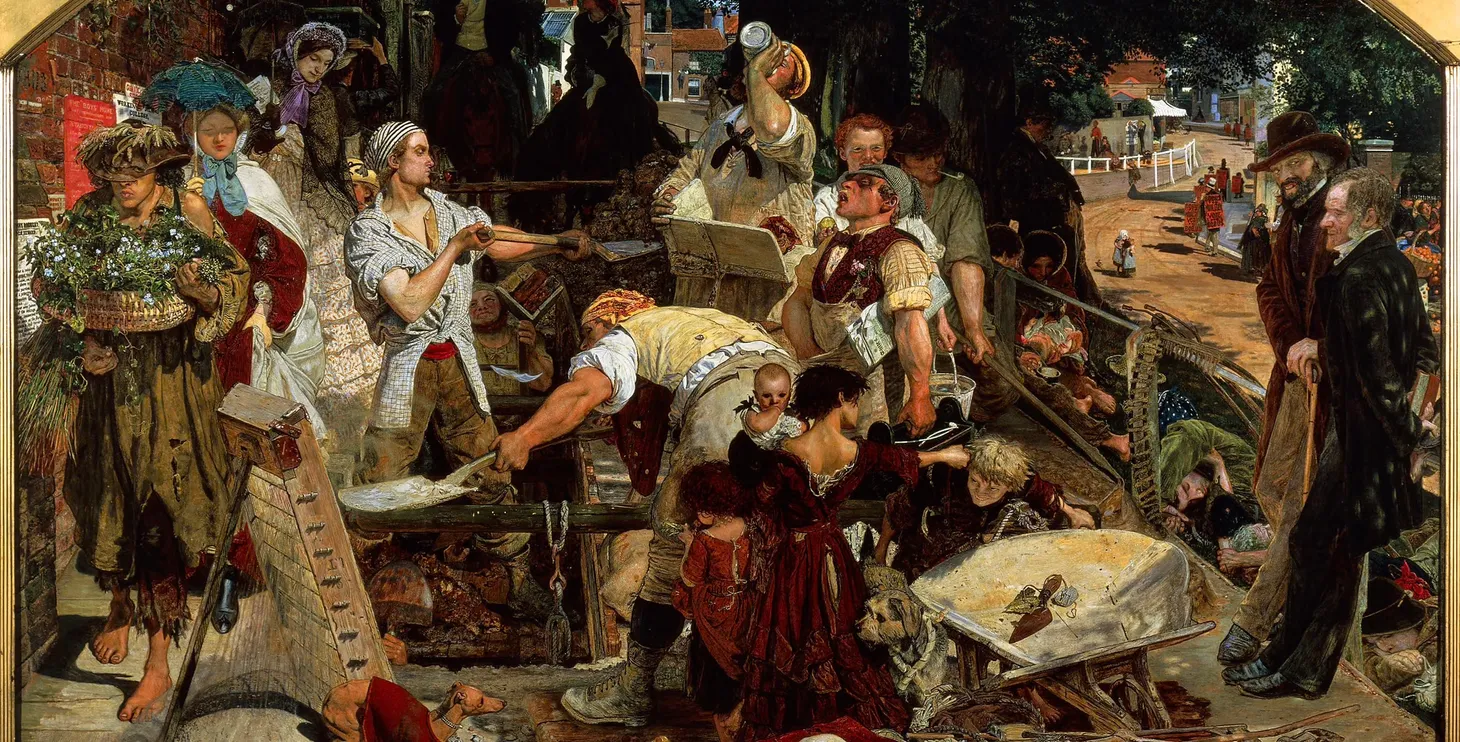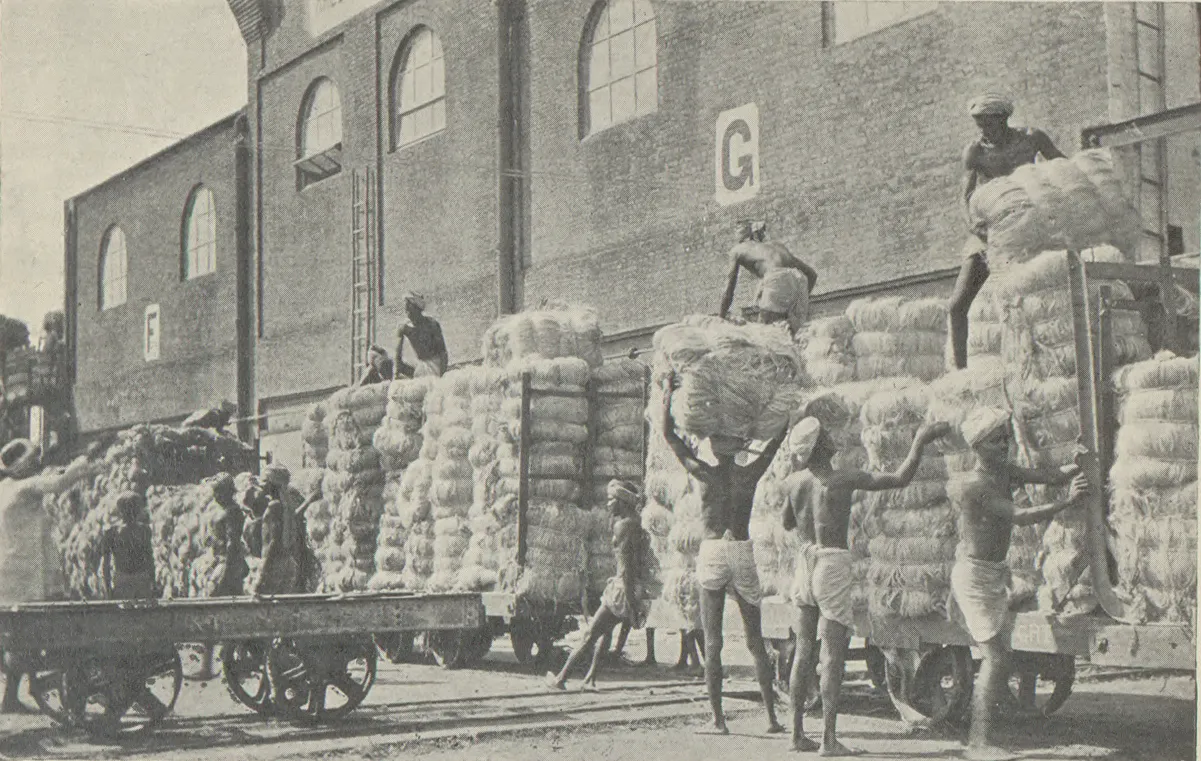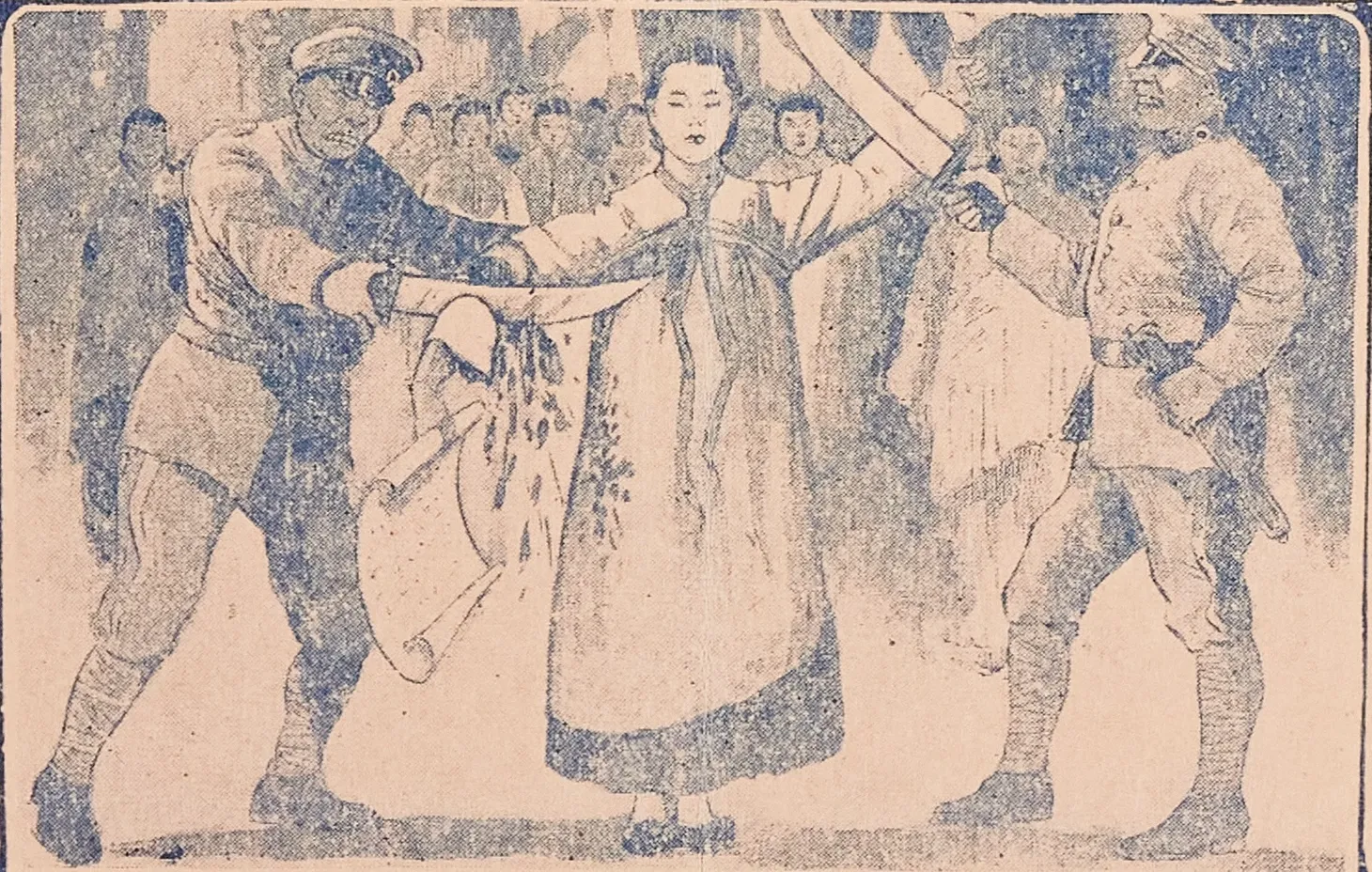“Let These Sacred Words Unite Us”: The Haitian Revolution, Creative Expression, and Teaching Analytical Writing
Discussion of how to teach analytical writing to world history students using emotions and the Haitian Revolution.

A year ago, ChatGPT was launched, and every teacher seemed to have an opinion about how it and artificial intelligence (AI) would affect student writing. A few teachers saw AI as having learning potential, but most world history teachers online saw it as a potential problem. Multiple teachers suggested having students write their essays by hand in class to prevent students from using ChatGPT. When teachers become more focused on controlling the location and means for student writing rather than helping students become better writers, something has gone wrong.

One of my favorite tweets from the early fun days of Twitter is by the author Teju Cole. I’ve enjoyed Cole’s writing since I first read Open City. He last tweeted in 2014, but he often tweeted some fantastic reflections on writing, such as this one:
Writing as writing. Writing as rioting. Writing as righting. On the best days, all three.
— Teju Cole (@tejucole) April 11, 2014
Quote from Teju Cole: “Writing as writing. Writing as rioting. Writing as righting. On the best days, all three.”
Cole’s words capture the transformative and liberatory power of writing. Cole’s vision of writing is also worlds apart from how many history teachers think about the role of writing. Writing in many history courses is having students correctly perform all the tasks the teacher assigns and being prepared for major tests. The emphasis on jumping through hoops leaves little room for history students to experience emotion or transformation when writing essays. By reflecting on the shortcomings of how we teach writing in history courses, we can begin to see how we can make it more exciting for students. We also can look at the history of the Haitian Declaration of Independence to understand how emotion influences writing and to rethink how we teach it.
The Colonization of Analytical Writing
This content is for Paid Members
Unlock full access to Liberating Narratives and see the entire library of members-only content.
SubscribeAlready have an account? Log in



